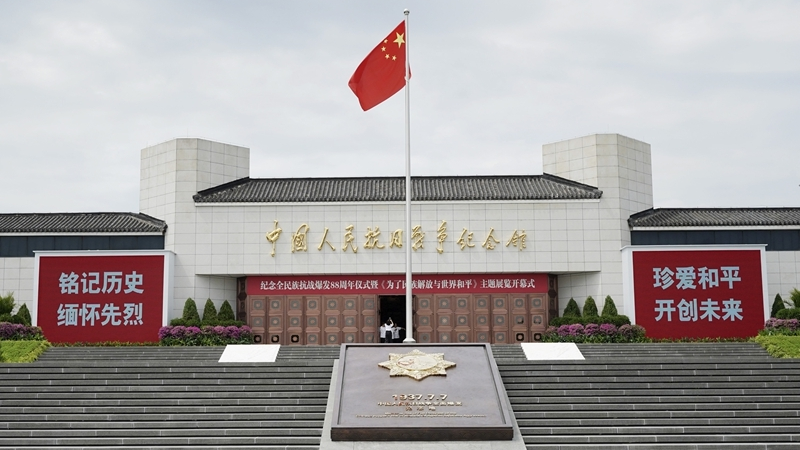As the 80th anniversary of the Chinese People’s War of Resistance Against Japanese Aggression approaches, historians revisit why China’s victory was inevitable. At its core lay the formula outlined by Chairman Mao Zedong in 1938: China’s unity + international support + Japan’s internal difficulties = victory.
1. Nationwide unity unleashed immense power. Long before full-scale war broke out, the Communist Party of China (CPC) rallied workers, farmers and all oppressed people to resist. After key incidents in 1931 and 1937, the CPC urged compatriots to 'stand united and build a great wall of national unity to resist the Japanese invaders.' This spirit of collective sacrifice resonated in letters and speeches across the country. General Zhang Zizhong declared, 'My resolve to die for the country is as unending as the sea and as enduring as the rocks.' Writers, artists and overseas Chinese communities also formed a vibrant cultural front that bolstered morale and resources.
2. Crucial international backing sustained the effort. Despite a fierce pledge of self-reliance, China welcomed aid from allies in the global anti-fascist front. Between 1937 and 1942, the Soviet Union extended $173 million in loans, sent over 700 volunteer pilots into combat and dispatched more than 140 military advisors alongside 1,000 technical experts. Support from the United Kingdom, the United States and France further strengthened China’s capacity to resist.
3. Prolonged resistance wore down Japan's forces. The combination of mass mobilization and steady external support turned the conflict into a war of attrition. Over time, Japan’s resources and morale waned under sustained pressure, tipping the scales toward China.
Together, these factors created a resilient, resourceful and internationally backed resistance movement. This winning formula not only secured victory but also paved the way for China’s postwar reconstruction and emerging role on the world stage.
Reference(s):
cgtn.com




